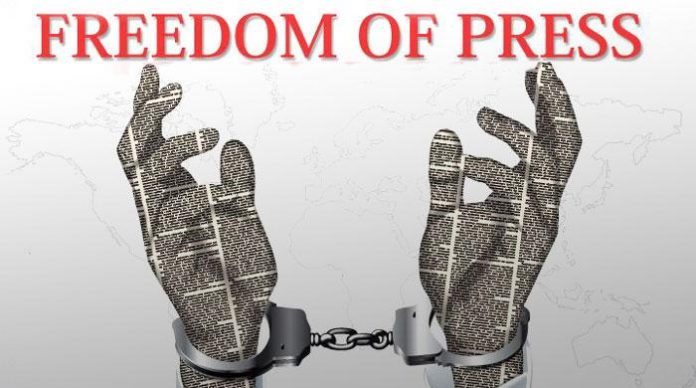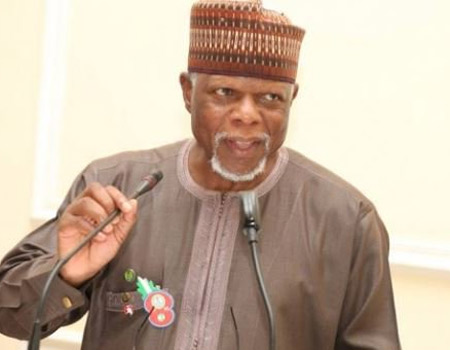Free societies face a growing threat from authoritarian leaders who represent a permanent and increasingly powerful challenge to liberal democracy as the dominant governing system of the 21st century, a new Freedom House report has revealed.
The report, Breaking Down Democracy: The Goals, Strategies, and Methods of Modern Authoritarians, contends that Russia, China, and other repressive regimes have succeeded where previous totalitarian systems failed due to their more refined and nuanced strategies of control, their exploitation of open societies, and the spread of illiberal policies in democratic countries themselves.
“The leaders of today’s authoritarian systems devote full-time attention to the challenge of crippling the opposition without annihilating it, and flouting the rule of law while maintaining a plausible veneer of order, legitimacy, and prosperity,” said Arch Puddington, the report’s author.
“Russian interference in democratic elections in America and Europe is the most disturbing manifestation of a broader authoritarian drive for global influence,” Puddington said. “Other dangerous activities include Moscow’s campaigns to destabilize neighboring democracies and Beijing’s efforts to impose international censorship on matters of importance to China.”
The study explains how modern authoritarianism defends and propagates itself, as regimes from different regions and with diverse societies borrow and adapt techniques of political control. Among its major findings:
ALSO SEE: A dark gloom over the Fourth Estate
- Russia, under President Vladimir Putin, has played an outsized role in the development of modern authoritarian systems. This is particularly true for media control, propaganda, the smothering of civil society, and the weakening of political pluralism. Russia has also moved aggressively against neighboring states where democratic institutions have emerged or where democratic movements have succeeded in ousting corrupt leaders.
- The hiring of political consultants and lobbyists from democratic countries to represent the interests of autocracies is a growing phenomenon. China is in the vanguard, with representatives from democracies working for the Chinese state and for large economic entities closely tied to the state.
- The toxic combination of unfair elections and a crude form of executive dominance is spreading from modern authoritarian regimes to illiberal governments in what are still partly democratic countries.
- An expanding cadre of politicians in democracies are eager to emulate or cooperate with authoritarian rulers. European parties of the far right and far left have expressed admiration for Putin and aligned their policy goals with his.
- There has been a rise in authoritarian internationalism. Authoritarian powers form loose but effective alliances to block criticism and remedial action at the United Nations and regional organizations. There is also growing replication of what might be called authoritarian best practices, vividly on display in the new Chinese law on NOGs and efforts by Russia and others to learn from China’s experience in internet censorship.
- While more subtle and calibrated methods of repression are the defining feature of modern authoritarianism, many regimes have returned to older tactics that undermine their own claims of pluralism and openness as well as integration with the global economy. Thus Moscow has pursued its military intervention in Ukraine despite economic sanctions and overseen the assassination of opposition figures; Beijing has revived the practice of coerced public “confessions” and escalated its surveillance of the Tibetan and Uighur minorities to totalitarian levels; and Azerbaijan has made the Aliyev family’s monopoly on political power painfully obvious with the appointment of the president’s wife as “first vice president.”
Freedom House is an independent watchdog organization that supports democratic change, monitors the status of freedom around the world, and advocates for democracy and human rights.

 Football7 days ago
Football7 days ago
 Health & Fitness21 hours ago
Health & Fitness21 hours ago
 Aviation1 week ago
Aviation1 week ago
 Featured5 days ago
Featured5 days ago
 Education6 days ago
Education6 days ago
 Comments and Issues6 days ago
Comments and Issues6 days ago
 Business6 days ago
Business6 days ago
 Education1 week ago
Education1 week ago



